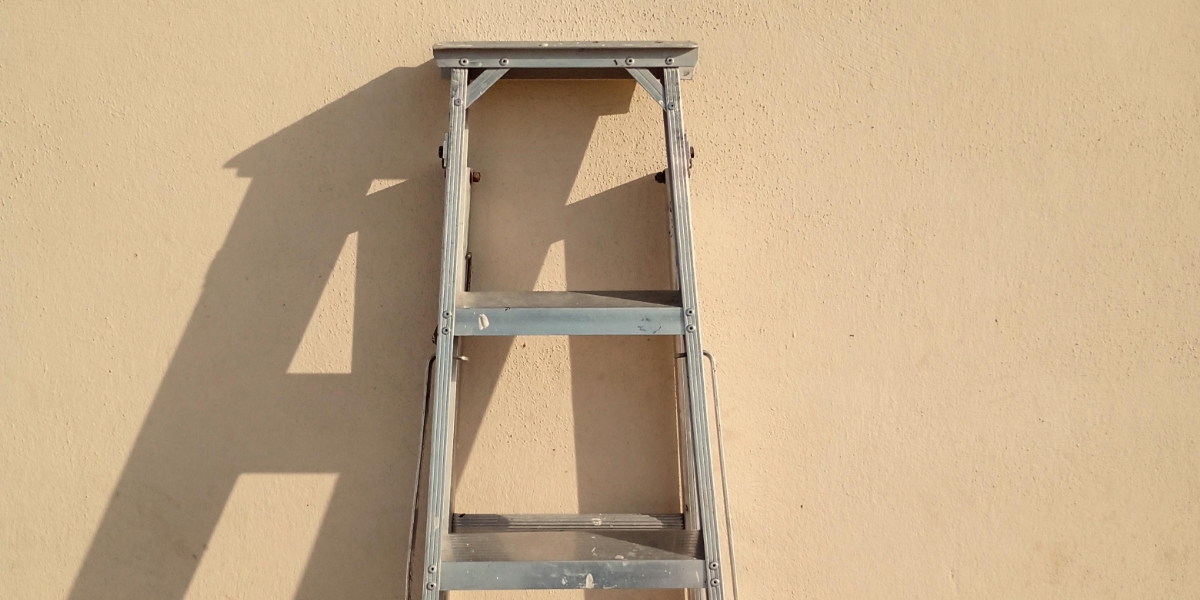Interested in buying your first house? The Home Buyers’ Plan (HBP) lets you use your RRSP, tax-free, to do so. But how does it work and what are the conditions? Find out what it's all about below.
How to sell your parent’s home
Selling your aging parent’s home can be a difficult process. Here are some dos and don’ts for dealing with this sensitive issue.

Whether it’s due to declining health or mobility, finances or just a desire to try something new, if the time comes for Mom or Dad to downsize and sell the family home, it can be a deeply emotional time for everyone involved.
Patricia Butler, owner of Toronto relocation and downsizing firm Handled With Care, says a well-planned strategy can save everyone from regret down the road.
Butler says both parents and their adult children should speak openly about how they feel, and work together to determine the best course of action.
“Develop a clearly defined plan beforehand. Don’t wait for a looming crisis. By then it’s often extremely stressful and your options may be limited,” she says. “I’ve seen situations where an aging parent was forced to move to a retirement home many kilometres away when they had been hoping they would able to simply relocate to the one across the street."
Here are a few dos and don’ts to consider when thinking of selling your aging parent’s home:
Do meet with a real estate specialist
Meeting with a real estate professional can be a valuable step. He or she can assess the home’s value and suggest ways to make the property more attractive before listing it for sale.
Natalie Lewin, a Toronto-based real estate agent, advises that before you put a home on the market, you hire a home inspector, change outdated wallpaper or carpets and, if required, stage it with more up-to-date furniture and accessories.
Don’t neglect the full financial picture
Work closely with your parent’s financial advisor to establish your parent’s total income, mortgage, taxes and investments.
Jayne-Ann Steele, a Toronto-based home and long-term care specialist, adds that developing a financial plan ahead of time can greatly help with decisions about such things as power of attorney and the level of care needed – including whether your parent can live independently, or would be better off in an assisted-living arrangement or even a long-term care facility.
Having a clear financial plan is essential to ensure that money is carefully managed and decisions are made with your parent’s best interests in mind, says Butler.
Do make a list
Lewin recommends you start by creating an inventory of all the household items and furnishings that will make the move with your parent and those that will be given to a relative, donated to charity, thrown out or put in storage.
Clutter is something Lewin says she encounters a lot as a real estate agent. “There are naturally a lot of memories attached to material things and it can be difficult for people to let go,” she says.
Be sure to factor in the available space at the new location when deciding what stays and goes, and make sure both you and your parent (and your siblings, if that’s appropriate) are closely involved in this process, she adds.
Don’t forget to deal with emotions
Making the transition from the comfort of the family home to a new living situation can be fraught with feelings of displacement, depression and anxiety.
Think about the deep emotional attachment your parent has to the old home and the old neighbourhood, says Steele. It’s important to encourage your mother or father to say goodbye after the packing is complete.
“It’s times like these when family difficulties can bubble up to the surface,” says Butler, adding that going over the process prior to moving day can help ease any negative feelings.
Do keep the lines of communication open
“Having a high level of patience and understanding is the best advice I can give,” says Steele.
“This is where being proactive and having a plan in place comes in,” adds Butler. “It’s vital that you have that conversation when your mother or father is still physically and mentally sharp.”


